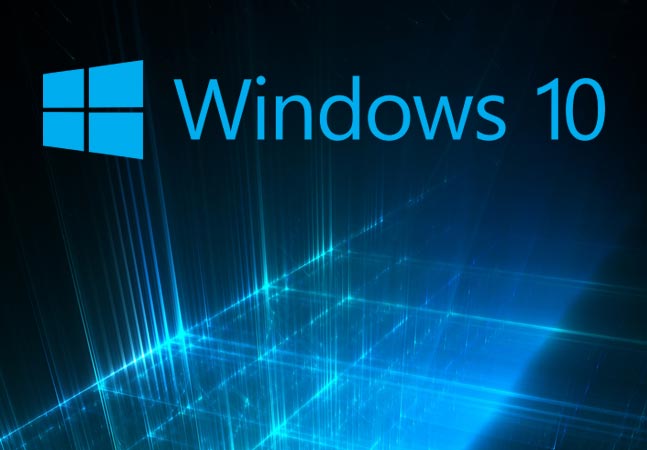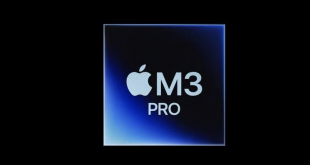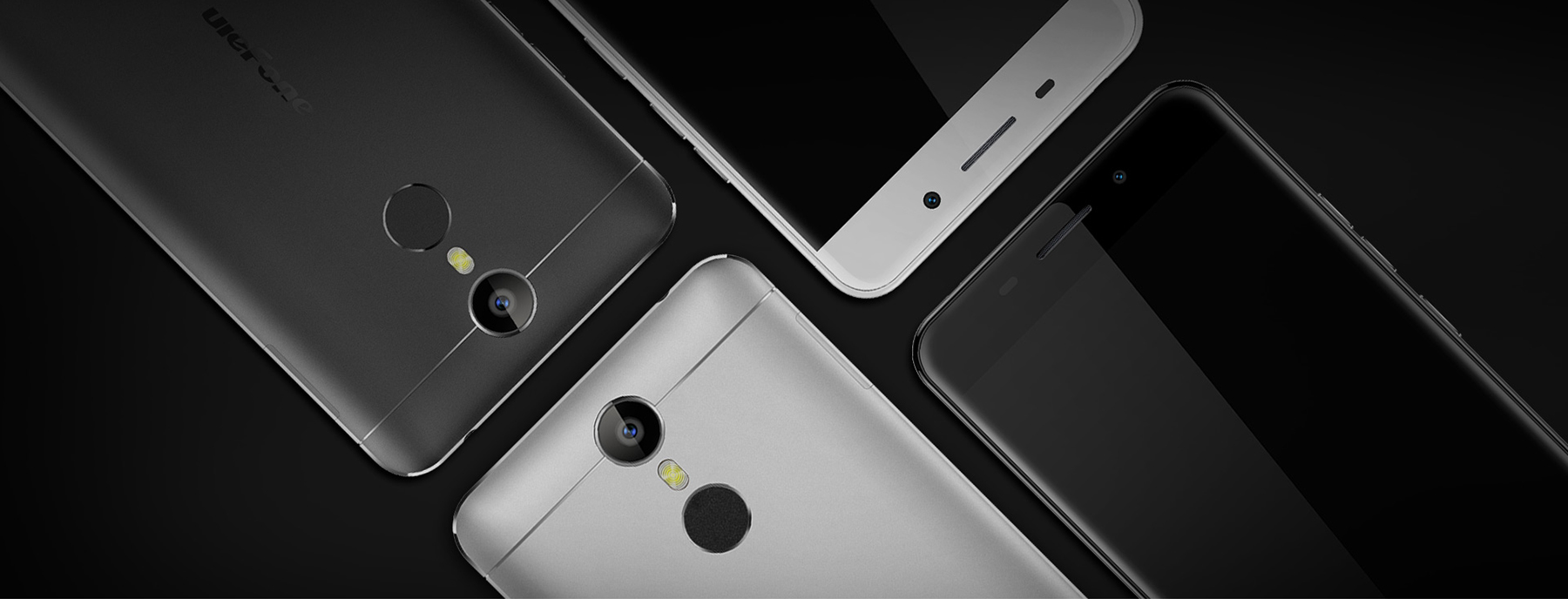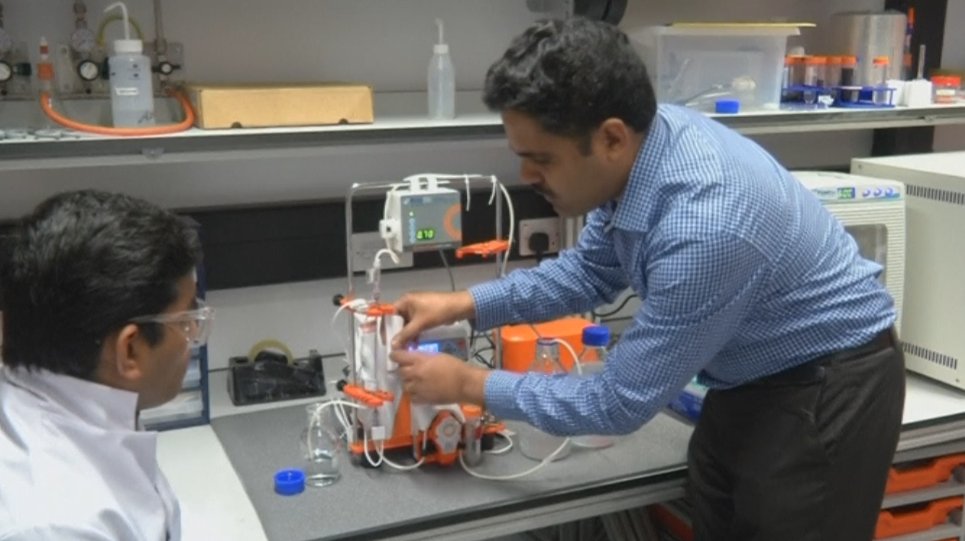Since before the official release of Windows 10, Microsoft has been trying to get customers to upgrade to their latest OS in several different ways. In a recent blog post, the company has revealed something that will most likely make more users abandon the old Windows 7 and Windows 8 in favor of the new OS.
In this new blog post, Microsoft has confirmed that they will be dropping support for new generation CPUs on Windows 7 and Windows 8.1. While Microsoft offered a support lifecycle of 10 years in the past, the company’s policy has been changed recently and now users purchasing one of the new generation CPUs from Intel and AMD will be forced to upgrade to Window 10. According to Microsoft, they are doing this to help customers embrace the latest innovation.
“At the same time, we know many of these customers continue to rely on Windows 7 for its well understood reliability and compatibility. Windows 7 was designed nearly 10 years ago before any x86/x64 SOCs existed. For Windows 7 to run on any modern silicon, device drivers and firmware need to emulate Windows 7’s expectations for interrupt processing, bus support, and power states- which is challenging for WiFi, graphics, security, and more. As partners make customizations to legacy device drivers, services, and firmware settings, customers are likely to see regressions with Windows 7 ongoing servicing.”
If you’re on a Skylake machine or you’re thinking about getting one of the newe CPUs from Intel or AMD, you’d better get used to the idea of switching to Windows 10.
 Tech Gadget Central Latest Tech News and Reviews
Tech Gadget Central Latest Tech News and Reviews




